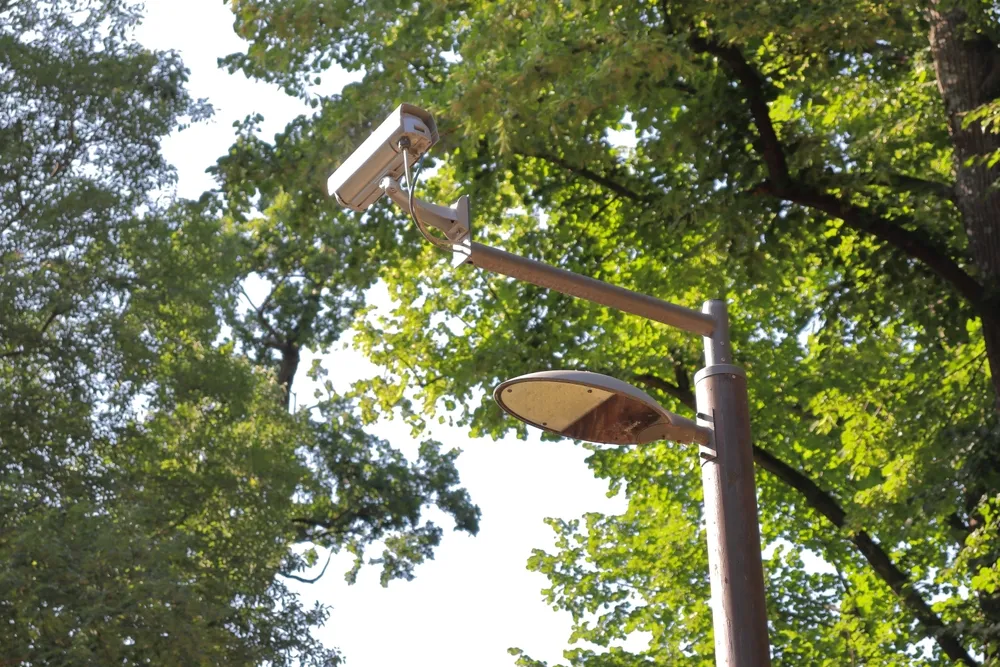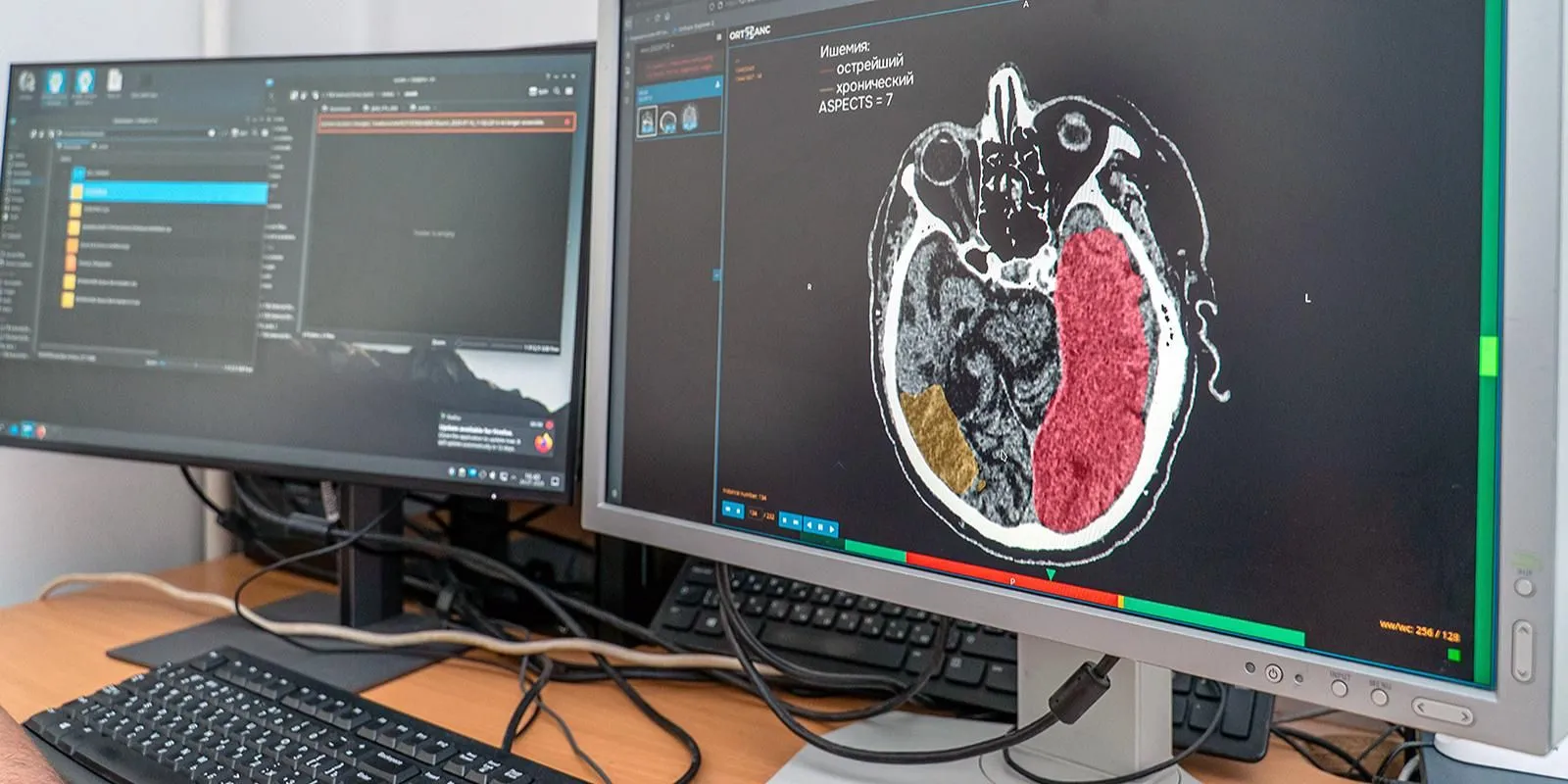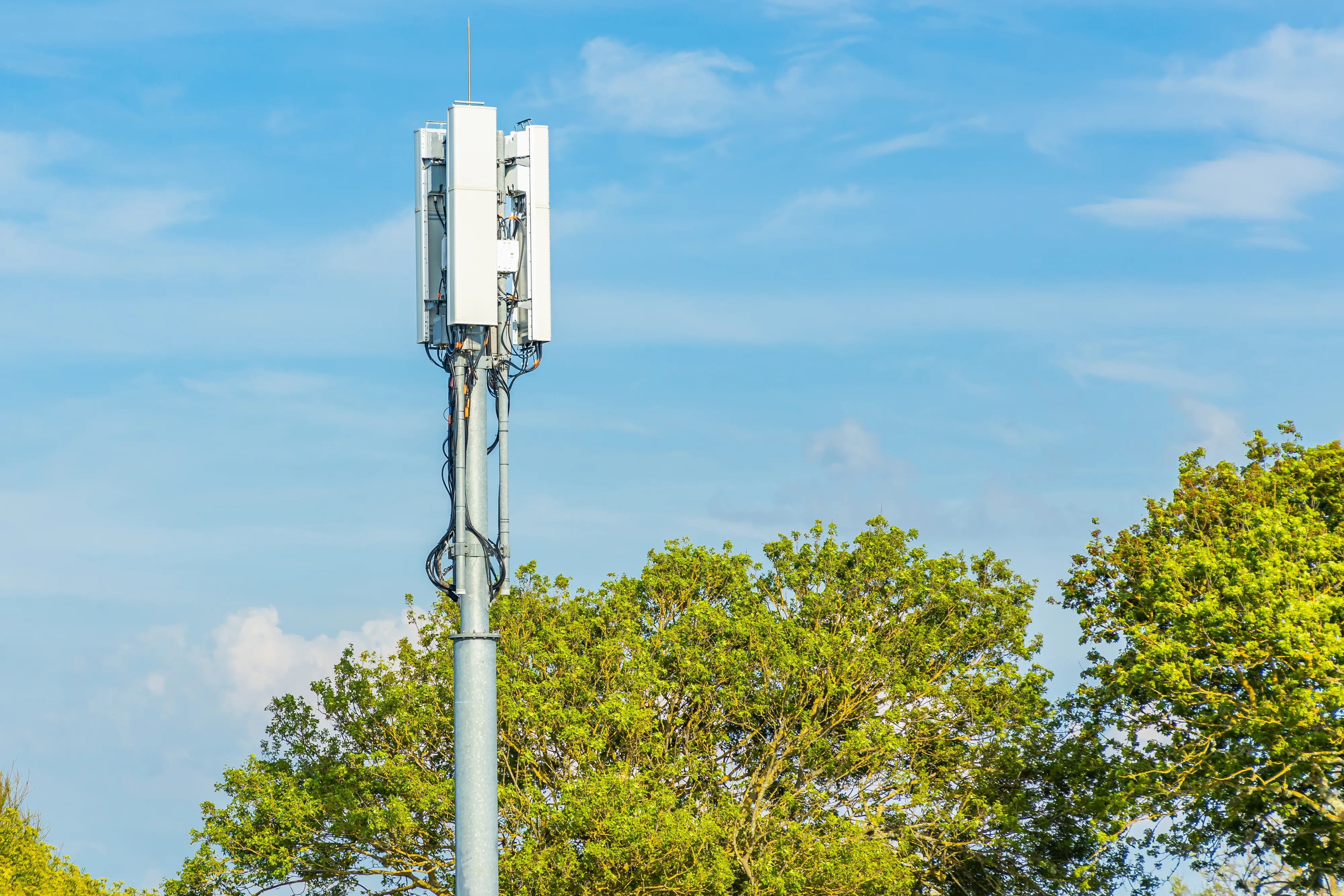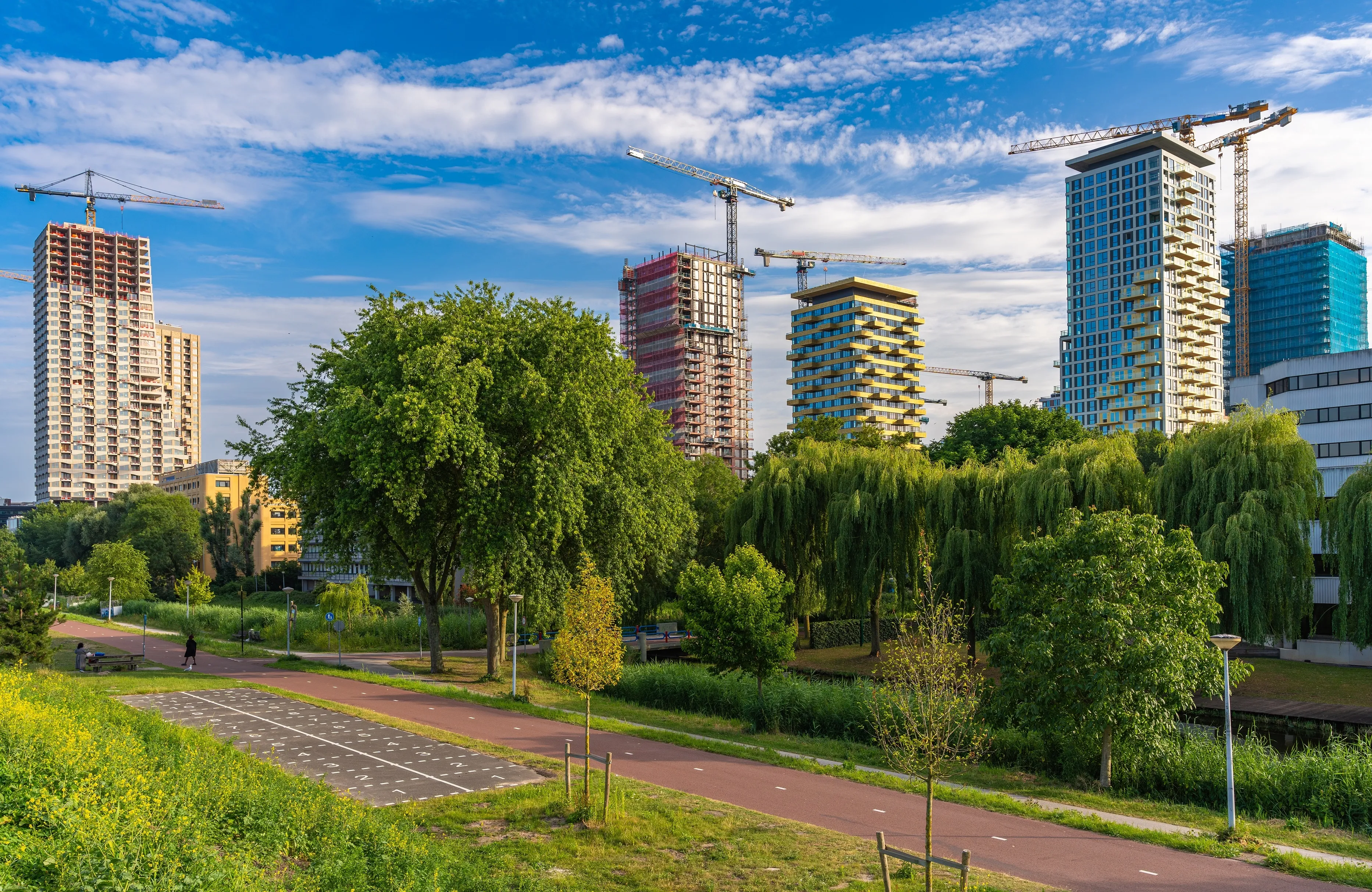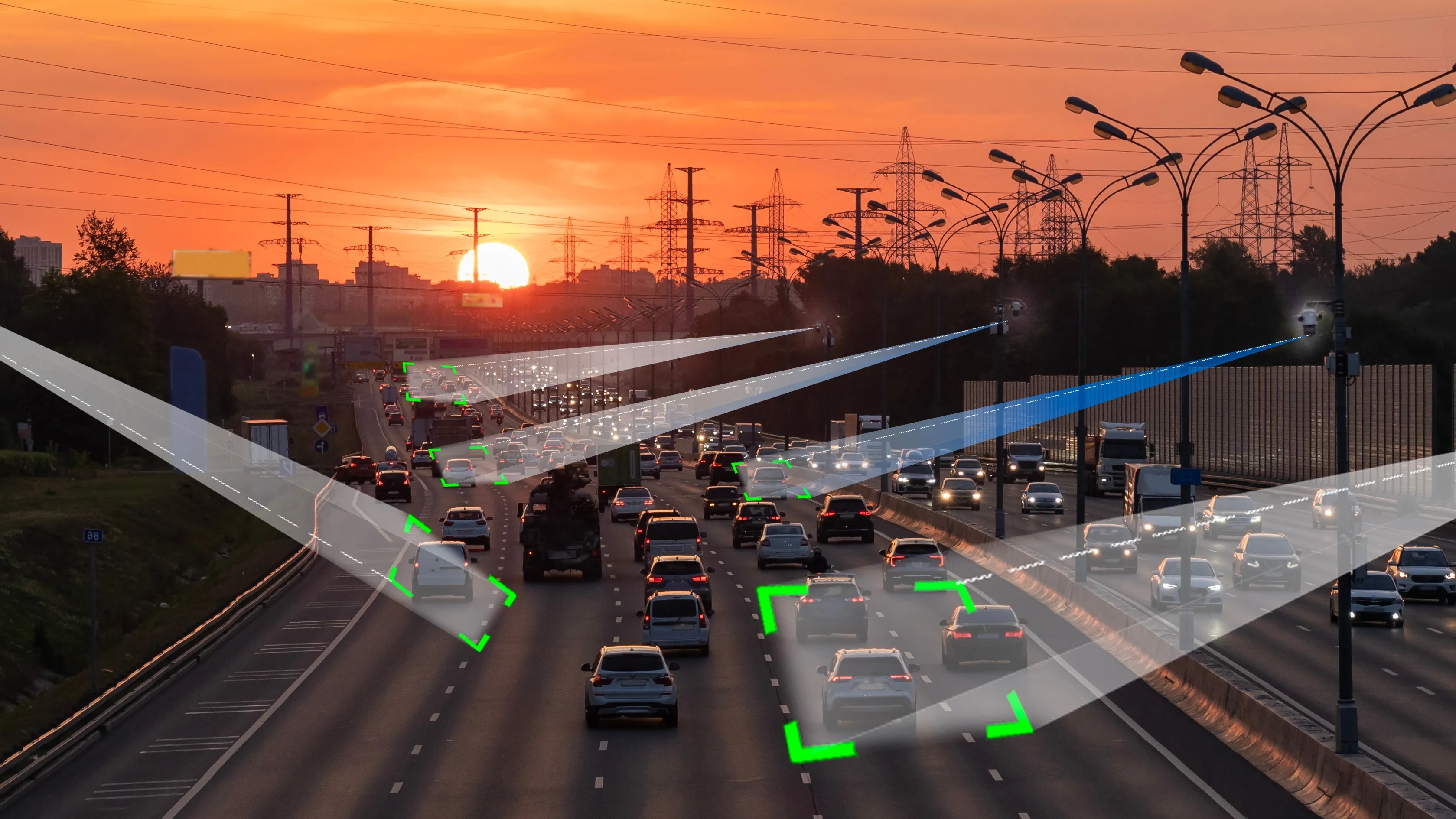Quantum Algorithm Could Slash Urban Traffic Jams in Russia

A quantum-powered traffic system developed in Russia has shown a dramatic 62% drop in congestion during simulations — and it calculates routes 15 times faster than traditional tools.
Researchers at Innopolis University in Russia have introduced a cutting-edge quantum algorithm designed to dramatically reduce traffic congestion in large cities. The system analyzes road conditions in real time and instantly suggests optimal routes for drivers, redistributing traffic flows with maximum efficiency, according to the university’s press office.
The technology was tested on a digital model of Almaty. With a simulated load of 500 vehicles, the algorithm reduced traffic congestion by 62%, compared to only a 7% improvement using traditional methods. What’s more, the algorithm completed its calculations in just 0.2 seconds — making it 15 times faster than conventional approaches.
The core advantage of the system lies in its use of quantum computing principles, which enable parallel data processing. To overcome limitations of current quantum processors, the researchers broke down the traffic problem into smaller parts. This technique preserved accuracy while boosting computational speed.
Integrating this technology into Russia’s transportation infrastructure could ease urban traffic, cut commute times, and reduce vehicle emissions. In the future, the algorithm could be embedded into navigation apps and smart city platforms.


